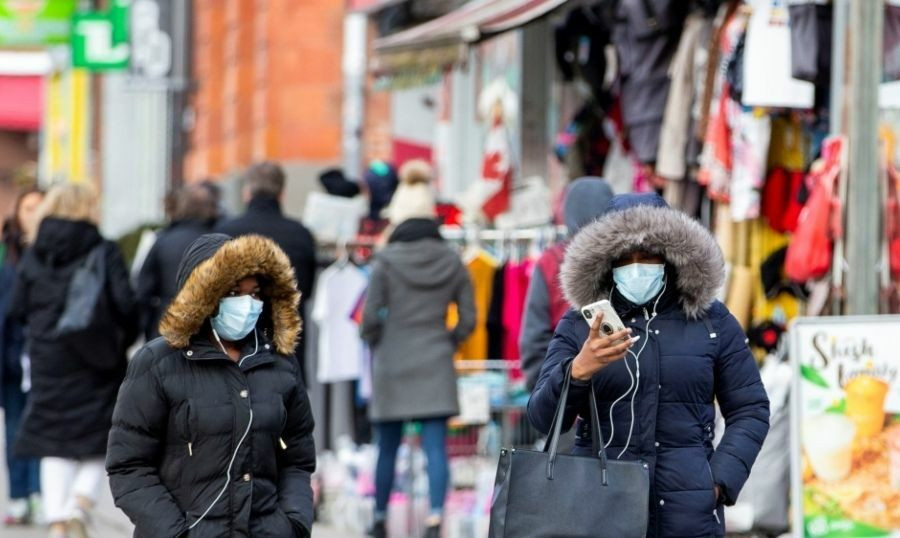In December of 2019, a number of cases of pneumonia in Wuhan, China were reported to the World Health Organization (“WHO”). The cause was a virus that did not match other viruses and was later confirmed as COVID-19, a novel Coronavirus.
Many organizations have begun preparing for the potential impact of COVID-19. For example, the Toronto Transit Commission is now disinfecting their vehicles. Employers should also be prepared for the impact on their organizations that can be caused by COVID-19. The precautions that employers will need to take will largely depend on the industry and location they operate in. For example, companies located in more populated cities or that come into face-to-face contact with international travellers should be more concerned. Businesses that are dependent on travelling and organizing in large groups, such as travel agencies and event organizers will also be impacted.
Employers and employees should remember that employees have the right to refuse any work or to use any equipment that they reasonably believe may endanger themself or someone else. Employees are obligated to report this work refusal and employers are obligated to investigate it. The application of these provisions to COVID-19 can take many forms. For example, it may be possible for an employee to refuse to work on equipment that came from a country or region that currently has an active travel health notice. This is because COVID-19 can contaminate surfaces such as desks and telephones. Employers should also expect their employees to be less willing to travel, especially to countries with a large number of confirmed cases of COVID-19. Information on the presence of COVID-19 in various countries can be found here. Current travel health notices produced by the Government of Canada can be found here. Any work refusals will have to be reasonable in light of a number of factors that depend on the unique circumstances of the work to be completed. Employers should develop business continuity plans to ensure that a COVID-19 outbreak does not compromise the viability of the business. Employers should communicate these plans with their employees and suppliers so that everyone who may be impacted will know how to prepare. The WHO recommends that employers promote frequent handwashing and regularly monitor COVID-19 outbreaks in regions where employees plan to visit or if employees will be attending meetings or conferences in areas where COVID-19 has been reported. Employers should remind employees to stay home if they develop flu-like symptoms.
Employers should also turn their minds to preventing and addressing more pervasive impacts of COVID-19. For example, employers should remember that they are obligated to prevent discrimination and promote a harassment-free workplace. It is important for employers to remember this among wide-spread reports of racially-charged statements and actions related to COVID-19.
Employers are also advised to consider the financial impact of having a large portion of their workforce utilizing sick days at the same time. The Ontario Employment Standards Act entitles employees to a minimum of three sick days per calendar-year. Practically, employees afflicted with COVID-19 will likely require an extended leave, especially due to the application of self-quarantines and hospitalization for those who have been infected by the virus.
Many industries have been impacted by COVID-19. This has been confirmed by the large stock market corrections seen around the world. While the full impact of COVID-19 is yet to be seen, employers should prepare for the potential impact on their business, which can take many forms.
Tanya Walker obtained her law degree from Osgoode Hall at York University in 2005 and her Honours Bachelor of Commerce with a minor in Economics from McMaster University in 2002. She was called to the Ontario Bar in 2006.
Tanya is currently serving a term as Bencher of the Law Society of Ontario; elected by her peers as not only the first Black elected female Bencher from Toronto, in the 220-year history of the Law Society, but also as one of the youngest sitting Benchers. Tanya is a frequent speaker on legal issues to the Toronto Community and regularly appears on the CTV Show, Your Morning as a legal expert. She has also been named in the 2017 and 2018 Lexpert Guides as one of the Leading Lawyers to Watch in Corporate/Commercial Litigation and is also the recipient of the 2018 Women’s Business Enterprise of the Year Award.
Tel: 647-342-2334 ext. 302
Email: tanya(at)tcwalkerlawyers.com
Click below to follow Tanya on:







